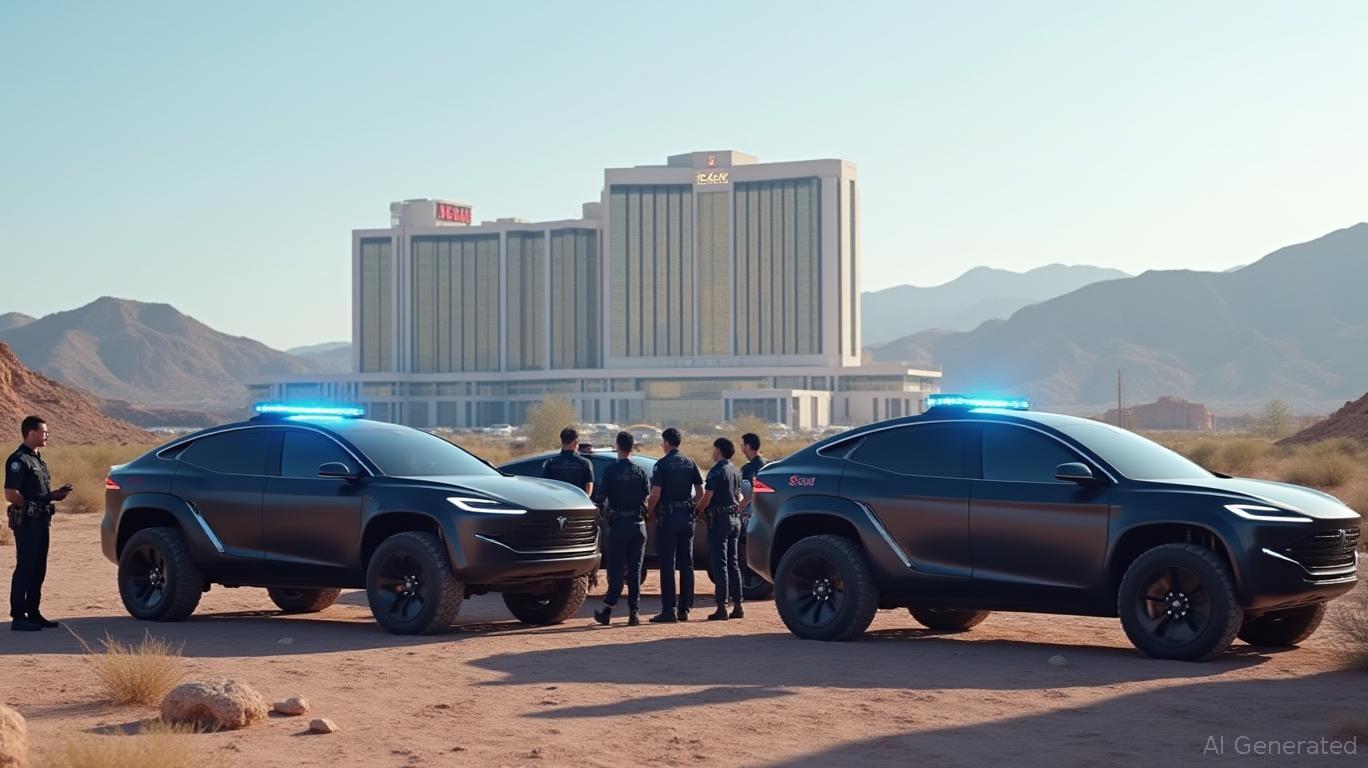Vegas Police Turn to Tesla’s AI Cybertrucks Despite Recall Issues, Moving Toward an Autonomous Tomorrow
A major Silicon Valley billionaire has contributed funds to launch the country’s largest police fleet of

This development comes after
Thanks to its durable build and AI capabilities, the Cybertruck is especially well-suited for police duties, particularly in isolated or congested locations. Nonetheless, the vehicle has experienced
The Las Vegas police donation coincides with Tesla’s ongoing expansion of its AI platform, including progress on the Dojo supercomputer and the Optimus robotics initiative. The company’s AI-based logistics methods, which could lower operational expenses by as much as 15% by 2025, are now being implemented in real-world contexts like autonomous patrols and emergency services. For police, this could translate to quicker response times and fewer mistakes during high-pressure events.
At the same time, Tesla’s business direction remains focused on ambitious milestones, such as
Nonetheless, some critics point out that regulatory and technical issues remain. The National Highway Traffic Safety Administration (NHTSA) has reviewed Tesla’s FSD system after 58 incidents involving traffic violations, emphasizing the importance of strict oversight. Still, with the AI electric vehicle market expected to reach $823 billion by 2030, the advantages for fields like law enforcement are considerable.
The introduction of Cybertrucks to the Las Vegas police fleet reflects a larger movement toward AI-powered transportation solutions, merging advanced technology with public service. As Tesla continues to enhance its autonomous systems and tackle deployment challenges, the Cybertruck is poised to play a pivotal role in the future of both public and private transportation.
---